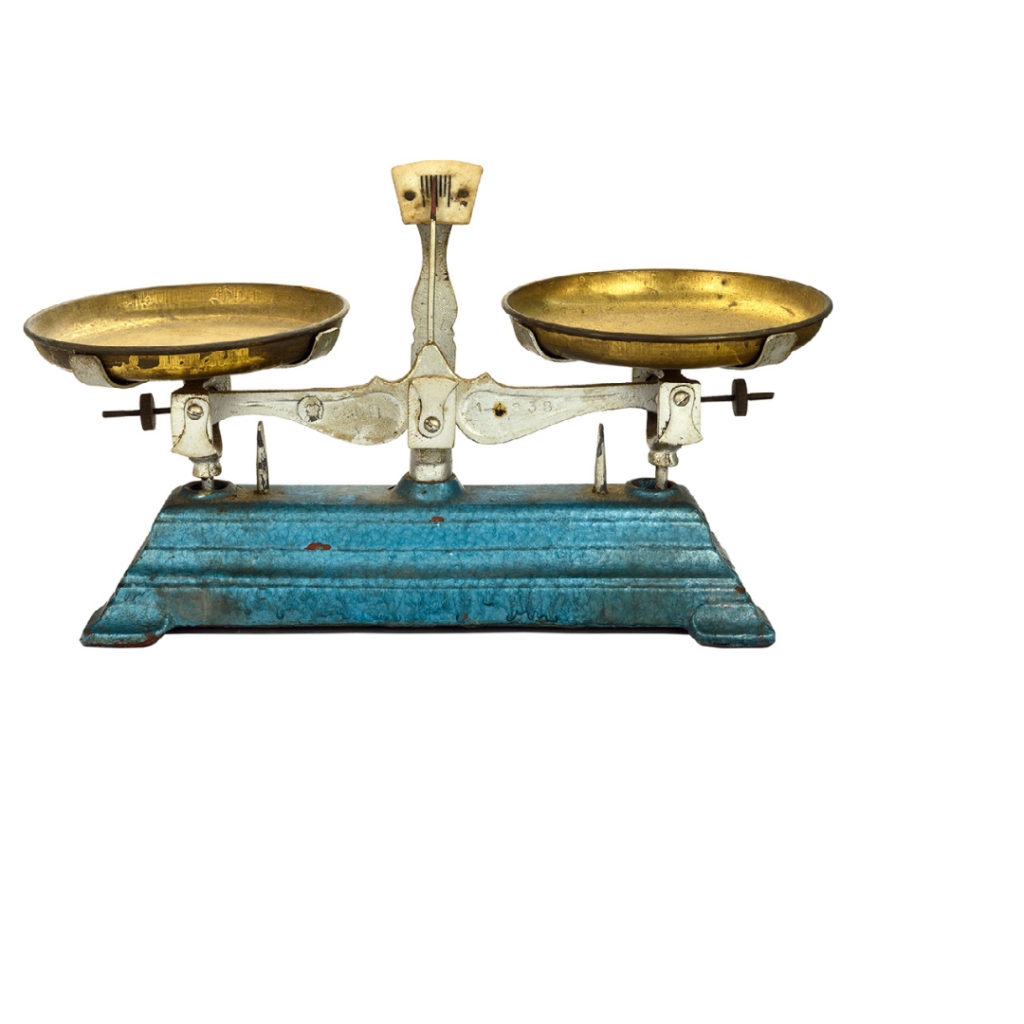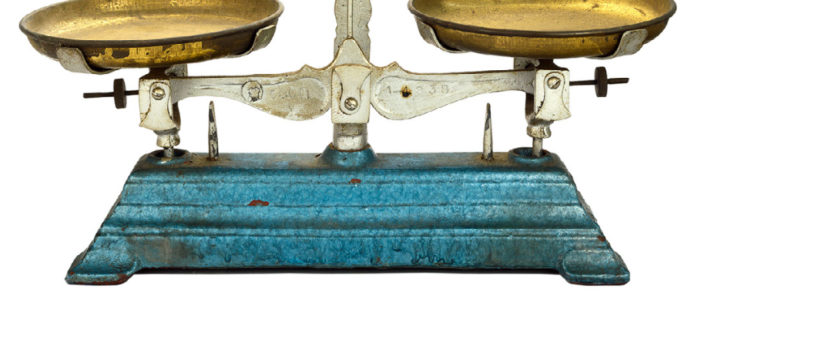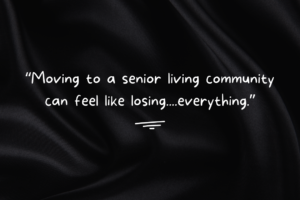Why Does Weight Matter in Assisted Living?

You’re calling around trying to find an Assisted Living Community for your mom and more than once, as you’ve mentioned how hard it is for her to get in and out of bed, they’ve asked about her height and weight. Luckily you just took her to the doctor so you know the answer. But why are they asking? When it comes to Assisted Living … weight matters.
Ok…First things first…This is NOT a weight loss blog post and when it comes to weight… Let’s just say right now what we’re all thinking…. This subject sucks. Not only is it hard to think about being immobile and needing help to get around but it can also be really uncomfortable to talk to your mom or dad about their weight. And friends, let me just tell you that that’s me too! No one likes it when their doctor says “oh hey you’re overweight”…And you think…wait… I’m not that bad!
It’s not just women who struggle with this issue but men struggle too. Let me get even more personal here. I’ve been on dates with guys who’ve confessed that they need to lose weight and their doctor told them they were obese and I’m sitting there thinking hey! I think you look really good!
Now fast forward 30 years…if you can relate to what I’m talking about and if we’re all still overweight then there are going to be implications in Assisted Living that have nothing to do with our health. Because it’s not just about the pounds! It’s how those pounds affect your mom or dad’s ability to care for themselves, transfer from the bed to a wheelchair, get in and out of a chair at all or even keep up with good hygiene.
We do an intake with our clients and one of the questions we ask is about height and weight. We have to ask this question because it’s one of the first questions a provider will ask us when considering caring for your mom or dad. Why is that? When you reach a certain threshold, a certain BMI you reach this classification of being obese and become a bariatric patient or resident. What is that BMI? Over 30.
Today we’re going to talk about some of the most common issues that pertain to being a bariatric resident in Assisted Living and why it’s so important to prepare for.
-Transferring
-Caregiver to resident ratio
-Toileting & hygiene
-Socialization
-Depression
-Cost
Let’s start with transferring. We worked with a client who found it very painful to transfer from the bed to her wheelchair. She needed Assisted Living but finding one that could manage her care was difficult. In the end, she opted for a long term bed in a Skilled Nursing Facility. You may also know these as nursing homes. You may be familiar with short term rehabilitation in these facilities but most also have long term care. This is certainly an option. For many though.. Skilled Nursing is a very institutional setting and wouldn’t be a first choice.
Why was it so hard to find an Assisted Living or Care Home? Because, transferring someone who is obese most often requires more than one person and the use of a mechanical lift. This equipment is also called a hoyer lift and we’ll put a link to it in show notes. There are different sizes and brands of equipment and these transfers can be dangerous for both the resident and the caregiver. Staff should be trained on the equipment and specifically for your loved one’s needs.
Assisted Living Communities and Care Homes are required to have enough staff to meet the needs of their clients. So this brings us to the resident to staff ratio. We worked with another client who was living in Assisted Living. She wanted to eat in the dining room but this required the use of a mechanical lift. Due to staffing issues…the Assisted Living was not able to get her to the dining room and she had to eat her meals in bed. Her family was NOT ok with this! And neither was she! They ended up moving to a care home that was able to meet her needs.
In the examples above, the clients required two staff members for transferring and not every Assisted Living or Care Home has that extra staffing built in.
We’re not just talking about transferring to meals here. What about the bathroom? Many of the bariatric clients we work with report being told to go to the bathroom in their Depends due to staffing shortages and honestly some even report that at some point they just prefer it that way because it’s easier on them too.
And this leads us to hygiene. Being overweight also means it can be more difficult to maintain good hygiene, whether that’s while going to the restroom or showering. If you’re listening today because this might be your mom or dad and they’re currently living at home alone? There’s a good chance that practicing good hygiene is becoming difficult. Many of our clients tell us they first realized their mom or dad wasn’t showering when they smelled an odor and I know…this is such an uncomfortable topic! Lack of good hygiene can lead to all sorts of really dangerous infections. Sometimes medications that your mom or dad may be taking can even mask symptoms which can mean infections aren’t caught until they’re really bad.
On a side note we’ve got a great episode on toileting and I’ll put a link to it in show notes.
And I also want to point out that there are many other situations other than obesity that require a mechanical lift, such as severe arthritis, stroke and Parkinson’s Disease to name a few.
It’s no wonder that we see depression and a lack of socialization in these situations too. Having difficulty transferring means being at the mercy of others, of the staff, and difficulty transferring very often involves pain and even anxiety. Hygiene issues can be embarrassing to talk about and asking for help might not happen or staff may not be trained on the best ways to help and what to look for when it comes to infections.
All of this leads to cost. Care costs = Time. If your mom or dad is a bariatric resident, the care they require now or they may require in the future could take more staff members and more time. Many places won’t take bariatric residents because of staffing and even liability issues and this means you may have a harder time finding a place. If an Assisted Living can accommodate a two person transfer and the other care needs then the cost will most likely be higher.
As hard as this issue can be to face… Weight Matters in Assisted Living. It will be harder to find a place and it will cost more. For those who don’t have the funds to pay, the options are even more limited. But there are places out there and when you think you have found one. Be sure to ask about staffing, back-up staffing, experience with bariatric residents, training and ask to meet the staff. Caregiving is difficult and caring for bariatric residents even more so. While all caregiving is important…being overweight can be a sensitive subject requiring patience and compassion. Take the time to tour and observe and if it feels right…it probably is.
If you’d like to check out our blog post in podcast form, be sure to take a listen HERE!
Click HERE for our Doable Download, which provides the resources referenced in the post.




